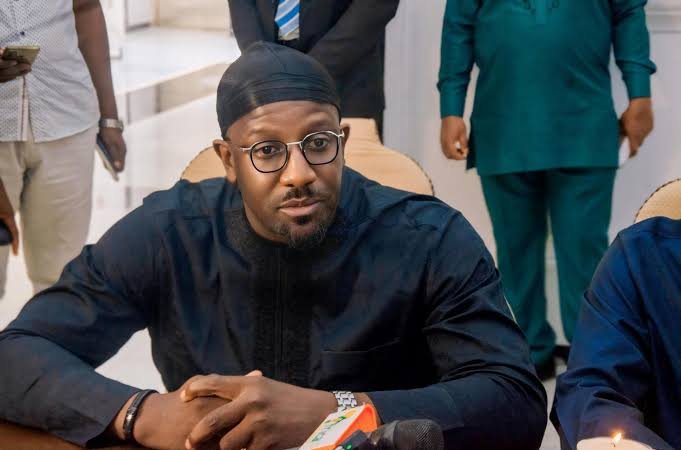Former presidential spokesman in the South-East, Josef Onoh, has faulted claims by President Bola Tinubu’s Special Assistant on Community Engagement (South-East), Mrs. Chioma Nweze, that the president cannot intervene in the ongoing trial of the leader of the banned Indigenous People of Biafra (IPOB), Nnamdi Kanu.
Onoh dismissed her claim as “wrong, oversimplified, and politically harmful,” insisting that previous presidents have exercised constitutional powers to engage in ongoing judicial matters, especially those with implications for national unity and peace.
“The truth is that Nigerian presidents have repeatedly exercised their constitutional and prerogative powers to engage in ongoing judicial processes, particularly in cases involving separatist agitations, ethnic tensions, and national unity—precisely the context of Nnamdi Kanu’s detention,” Onoh said.
He explained that such interventions do not amount to subverting the judiciary, but rather, complement the courts through dialogue, political settlements, and administrative decisions that support national reconciliation.
He warned that her comments could further alienate the South-East from the president, saying that “this explanation risks reinforcing existing biases against President Tinubu in the South-East, undermining painstaking image-building efforts of the APC and the president’s efforts to which individuals like myself have devoted over three years.”
Onoh cited several instances where past presidents intervened in matters before the courts, stressing that such actions were well within their constitutional powers.
“The 1999 Constitution (as amended) vests the president with executive authority under Sections 4, 5, and 140, including the power to grant prerogative of mercy (Section 175), pardon offenses, or facilitate negotiations that expedite resolutions without prejudice to ongoing trials.
“These tools have been invoked historically to de-escalate crises, even while cases remain sub judice,” he explained.
He recalled that former President Olusegun Obasanjo declared a state of emergency in Plateau State in 2004 amid litigation, suspended the governor and legislature, and appointed an administrator — all while the case was still in court.
Read Also:
- Don’t cause another crisis, Ndigbo in FCT warns Justice Omotoso over Kanu
- Ahead November 20 judgment, Nnamdi Kanu gets ‘freedom fighter’ recognition
- Nnamdi Kanu files fresh motion to quash all charges, demands immediate release
Onoh also cited Obasanjo’s establishment of the Oputa Panel in 1999, which investigated human rights violations even while some of the related cases were in court.
Similarly, he pointed to former President Goodluck Jonathan’s amnesty programme for the Niger Delta militants in 2010, which led to conditional releases and negotiated settlements even as several cases were pending in the courts.
He further recalled that former President Muhammadu Buhari, in 2022, hinted at the possibility of a political solution to Kanu’s case, acknowledging that the executive could intervene while respecting judicial processes.
“Even President Tinubu, earlier this year, declared a state of emergency in Rivers State while court cases were ongoing. This proves that presidential interventions are not taboo but vital instruments for balancing justice and peace,” Onoh said.
According to him, these examples demonstrate that the Presidency can act decisively within the bounds of the constitution to foster stability, reconciliation, and national unity.
Onoh, therefore, accused Mrs. Wesley of promoting “a rigid and misleading interpretation of separation of powers” that could deepen mistrust between the federal government and the South-East.
“Her explanation creates a narrative of bias because it reduces a complex socio-political issue to simplistic legalism, ignoring the South-East’s deep-seated grievances over marginalization, insecurity, and Kanu’s four-year detention without bail,” he said.






